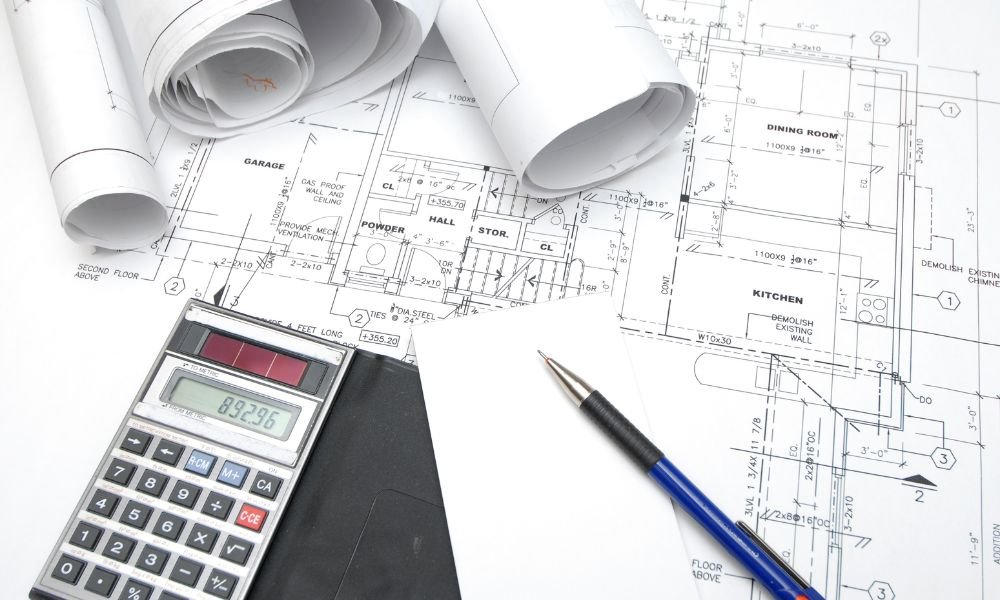
- Monday - Friday 08:00-17:00
- 020 3576 2851
Construction project managers play a critical role in ensuring projects are completed on time, within budget, and to the highest standards. With the complexity of modern construction projects, the skills required to succeed are vast and multifaceted. This article outlines the essential skills every construction project manager needs to excel in their field.
One of the most important skills a construction project manager must possess is leadership. Managing a team of diverse professionals—from architects to construction workers—requires strong leadership abilities. A project manager must be able to motivate the team, set clear expectations, and handle conflicts effectively. Excellent communication skills are a key aspect of leadership, as they ensure that everyone on the team is aligned with the project goals and understands their responsibilities.
Communication is central to every aspect of a construction project. A project manager must facilitate communication between all stakeholders, including the client, contractors, subcontractors, and suppliers. They must also keep the team informed about any changes or developments that may impact the project’s timeline or budget. Regular meetings, updates, and clear documentation are essential tools for maintaining strong communication channels.
Construction projects often involve tight deadlines and multiple tasks that need to be completed in a precise order. Effective time management and scheduling are essential for keeping everything on track. A construction project manager must be able to plan tasks, allocate resources efficiently, and track progress. They need to adjust the schedule when necessary, ensuring minimal disruption to the overall project timeline.
In today’s construction industry, project management software has become indispensable. Tools like Procore, Buildertrend, or Microsoft Project allow project managers to create detailed schedules, assign tasks, and track progress. These platforms also enable real-time collaboration, ensuring all team members are up-to-date with the latest information.
A successful construction project manager must be skilled in managing budgets and controlling costs. Construction projects often involve large sums of money, and ensuring that the project remains within budget is critical. Project managers need to prepare accurate cost estimates, monitor expenses, and adjust plans if the project begins to exceed financial limits. Effective budgeting and cost management also require an understanding of the financial risks associated with construction projects.
To maintain budgetary control, construction project managers must also be skilled in forecasting. They need to anticipate potential financial challenges and risks that could arise throughout the project. By identifying these risks early, project managers can implement mitigation strategies to avoid budget overruns.
Construction projects are rarely straightforward, and problems can arise at any stage of the project. A construction project manager must be adept at problem-solving, making swift decisions, and finding practical solutions. Whether dealing with unexpected delays, resource shortages, or safety concerns, the project manager must think critically and act decisively to keep the project moving forward.
Being proactive and adaptable is also a crucial aspect of problem-solving. By anticipating potential issues before they arise, project managers can implement solutions quickly. This ability to adapt to changing circumstances is what separates successful project managers from those who struggle to manage complex projects.
A construction project manager must ensure that the project meets all relevant quality standards and complies with local regulations. They must oversee inspections, ensure adherence to building codes, and confirm that all materials and construction practices meet the required specifications. In addition, safety regulations must be a top priority to protect workers and ensure the site is secure.
An eye for detail is essential in quality control. The project manager needs to assess every aspect of the construction process, ensuring that all work complies with standards and that no shortcuts are taken. This attention to detail helps prevent costly rework and ensures the final product meets or exceeds the client’s expectations.
Negotiation skills are another key competency for construction project managers. They need to negotiate with subcontractors, suppliers, and clients to ensure favourable terms and secure the best prices. Understanding the intricacies of contracts, including clauses related to timelines, costs, and responsibilities, is crucial for managing any construction project.
A construction project manager must also cultivate strong, professional relationships with vendors, contractors, and other key stakeholders. These relationships help facilitate smoother negotiations and ensure that the project progresses without unnecessary delays. Trust and respect are key to establishing these strong connections, which can benefit future projects as well.
Safety is paramount in any construction environment. A project manager must ensure that all safety protocols are followed and that the site remains secure. This includes ensuring workers are properly trained, providing necessary personal protective equipment (PPE), and regularly conducting safety audits. A strong focus on safety helps prevent accidents and ensures compliance with health and safety regulations.
Construction project managers must also be vigilant about identifying and addressing potential safety hazards. Regular risk assessments, safety briefings, and training sessions ensure that all workers are aware of the risks involved in their roles and are prepared to act accordingly.
Construction project managers must possess strong strategic thinking skills. They need to plan for the long-term success of the project and consider how different elements of the project interconnect. This involves aligning the project with the client’s vision, understanding the project’s impact on the community, and anticipating future needs.
As the construction industry evolves, project managers must be adaptable to new technologies, materials, and construction methods. By staying ahead of industry trends, they can incorporate innovative solutions that improve efficiency, reduce costs, and meet the evolving demands of clients.
The role of a construction project manager requires a diverse skill set that includes leadership, time management, budgeting, problem-solving, quality control, and much more. By mastering these skills, project managers can ensure the success of their projects and contribute to the growth of the construction industry. If you are looking for expert project management services, get in touch with us today to discuss how we can help bring your construction project to life.
If you’re looking for expert project management services for your upcoming construction project, don’t hesitate to reach out. Our team of highly skilled professionals is ready to help you navigate the complexities of your construction project. Contact us today to discuss how we can help bring your vision to life and ensure your project’s success.




Reltic Construction Consultants offers expert Quantity Surveying, Estimating, Project Management, and Design & Build services, ensuring cost-effective and seamless project delivery across the UK.